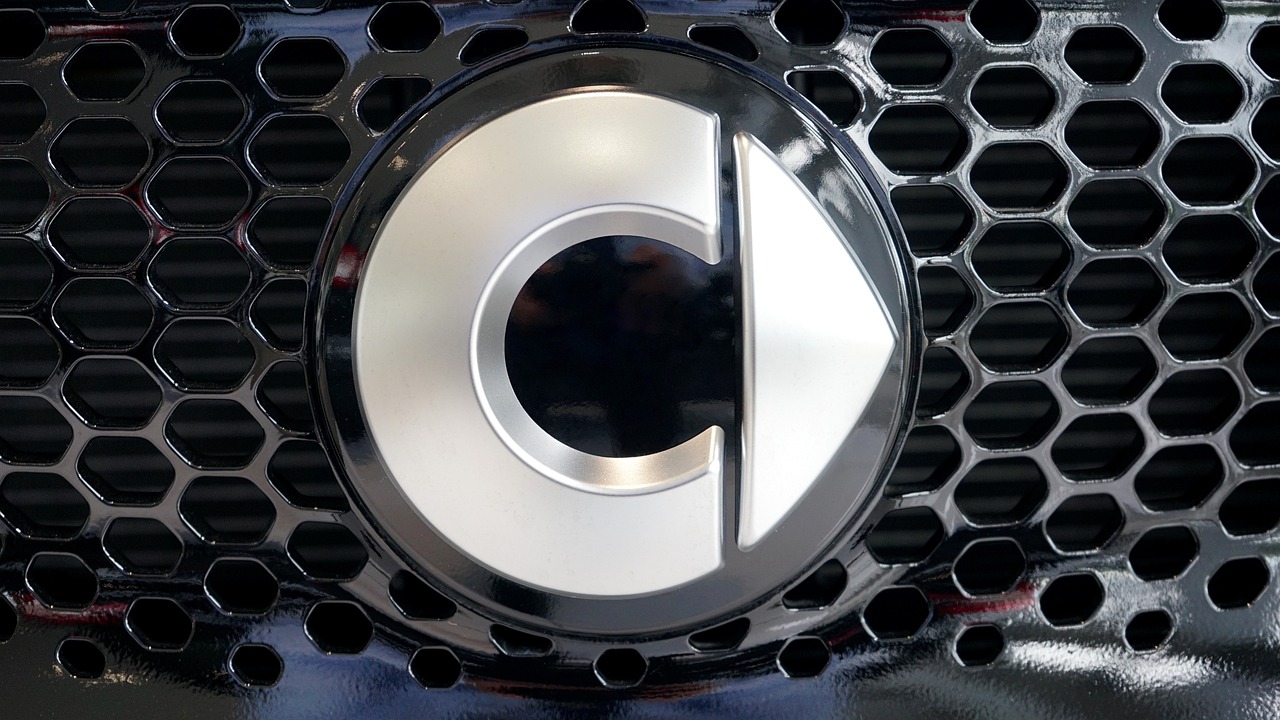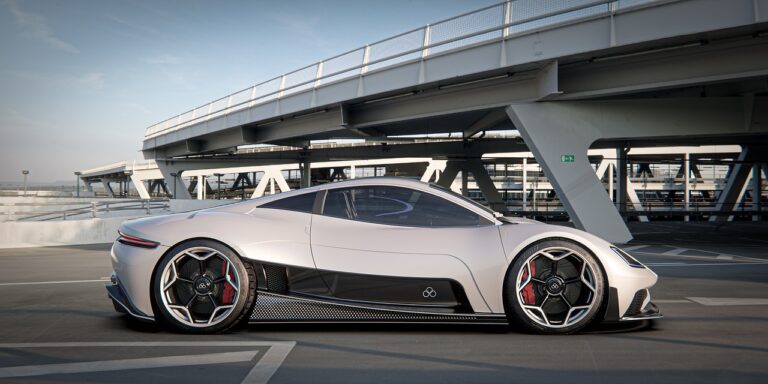Future Trends in Vehicle Electronic Control Units (ECUs)
cricbet 99, sky1exchange.con, reddy anna online book number:As technology continues to advance at a rapid pace, so too do the electronic control units (ECUs) in vehicles. These vital components are responsible for managing various systems within a vehicle, from engine performance to safety features. In this article, we will explore some of the future trends in vehicle ECUs and how they are shaping the automotive industry.
The Evolution of Vehicle ECUs
In the past, vehicle ECUs were relatively simple, often controlling just a few key systems such as fuel injection and ignition timing. However, as vehicles have become more advanced, so too have their ECUs. Modern vehicles can have dozens of ECUs, each responsible for a specific function.
One of the key trends in vehicle ECUs is the move towards consolidation. Manufacturers are increasingly looking to combine multiple ECUs into a single unit, known as a domain controller. By consolidating ECUs, manufacturers can reduce the complexity of their vehicle’s electrical systems, improve reliability, and save on costs.
Another trend in vehicle ECUs is the move towards more powerful processors. As vehicles become more connected and autonomous, the demands placed on their ECUs are increasing. Manufacturers are therefore looking to integrate more powerful processors into their ECUs to handle the additional workload.
The Rise of Connected Vehicles
One of the most significant trends in vehicle ECUs is the rise of connected vehicles. These vehicles are equipped with sensors and communication devices that allow them to communicate with other vehicles, infrastructure, and even the cloud.
Connected vehicles present a range of new possibilities for ECUs. For example, ECUs can now receive real-time traffic data and adjust engine performance to optimize fuel efficiency. They can also communicate with other vehicles to improve safety, such as by warning of potential collisions.
Another benefit of connected vehicles is the ability to perform over-the-air (OTA) updates. This means that manufacturers can send software updates to a vehicle’s ECUs remotely, eliminating the need for costly and time-consuming trips to the dealership.
The Move Towards Autonomous Driving
Perhaps the most significant trend in vehicle ECUs is the move towards autonomous driving. As vehicles become more capable of driving themselves, the demands placed on their ECUs are increasing exponentially.
Autonomous vehicles require a vast array of sensors and processing power to navigate safely and effectively. ECUs are responsible for processing data from these sensors and making split-second decisions to control the vehicle’s steering, acceleration, and braking.
To meet the demands of autonomous driving, manufacturers are looking to integrate artificial intelligence (AI) and machine learning into their ECUs. These technologies allow ECUs to learn from experience and improve their decision-making capabilities over time.
The Future of Vehicle ECUs
As we look to the future, it is clear that vehicle ECUs will play an increasingly vital role in the automotive industry. From connected vehicles to autonomous driving, ECUs are at the heart of modern vehicles’ functionality.
One key trend to watch is the move towards over-the-air updates. As vehicles become more connected, manufacturers will increasingly rely on OTA updates to keep their ECUs up to date with the latest software and features.
Another trend to watch is the integration of AI and machine learning into vehicle ECUs. These technologies have the potential to revolutionize how vehicles operate, making them safer, more efficient, and more enjoyable to drive.
In conclusion, the future of vehicle ECUs is bright. As technology continues to advance, so too will the capabilities of these vital components. Manufacturers are constantly innovating to meet the demands of the modern automotive industry, and vehicle ECUs are at the forefront of this innovation.
FAQs
Q: What is an electronic control unit (ECU)?
A: An electronic control unit is a device that controls various systems within a vehicle, such as the engine, transmission, and safety features.
Q: How many ECUs are there in a modern vehicle?
A: Modern vehicles can have dozens of ECUs, each responsible for a specific function.
Q: What is a domain controller?
A: A domain controller is a single unit that combines multiple ECUs into one, reducing complexity and improving reliability.







